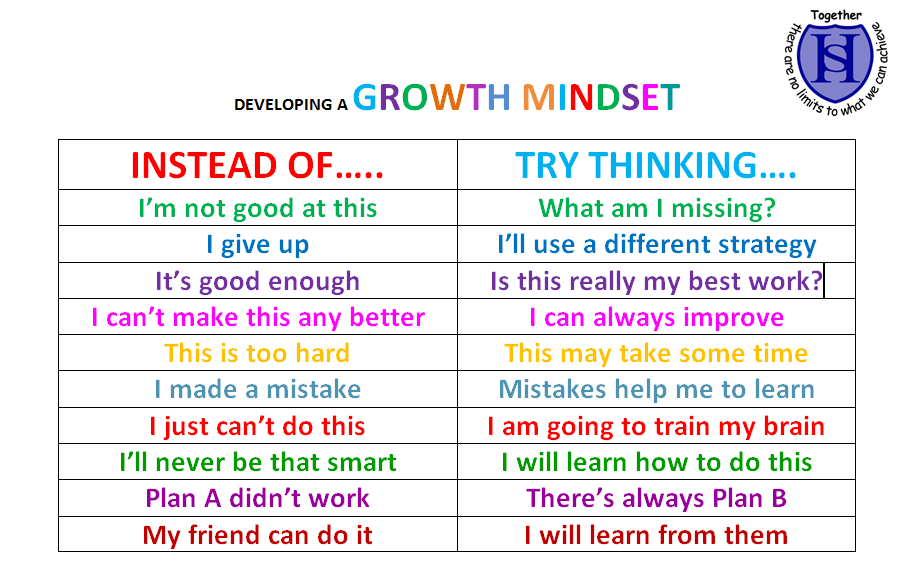A lot has been written on the power of developing growth mindsets and why it is important for both personal satisfaction, long-term confidence and business performance.
The concept of a growth mindset was developed by psychologist Carol Dweck in her book Mindset: The New Psychology of Success.
According to Dweck, a mindset is a self-perception or self-theory people feel about themselves.
Fixed versus growth mindsets
Dweck differentiates between a fixed and growth mindset:
- Fixed mindset: People believe their qualities are fixed traits and believe talent creates success without effort. Those who have a fixed mindset and fail at something often feel they can’t successfully complete their task because improvement of in-built qualities is not possible.
- Growth mindset: People believe their basic abilities can be developed through persistence and effort and that brains, and talent, are merely a starting point. These people embrace learning and do not fear failure.
Crucially: those with a fixed mindset can develop a growth mindset.
While many people are convinced on the importance of growth mindsets, encouraging others to develop them – or doing so yourself – can be difficult.
So what words are actually useful on a day-to-day basis?
Take a look at this chart produced by Halfway Houses Primary School in Kent – who define themselves as a ‘growth mindset’ school – which outlines phrases typically used by those with a fixed mindset and the types of phrases that those with growth mindsets use.

In terms of managerial behaviours, these phrases can be extrapolated to be used with employees. So when something doesn’t go right, managers could say:
- “What other strategies could we use here?”
- “Let’s develop a Plan B as Plan A doesn’t work.”
- “Take another few days to explore further options and we can tackle this from another angle.”
- “Let’s take a look at why this failed and come up with a strategy that has more chance of success.”
Sometimes knowing what to say can make all the difference. These behaviours can help your direct reports develop growth mindsets and ‘no blame’ mentalities to encourage innovation and performance.









